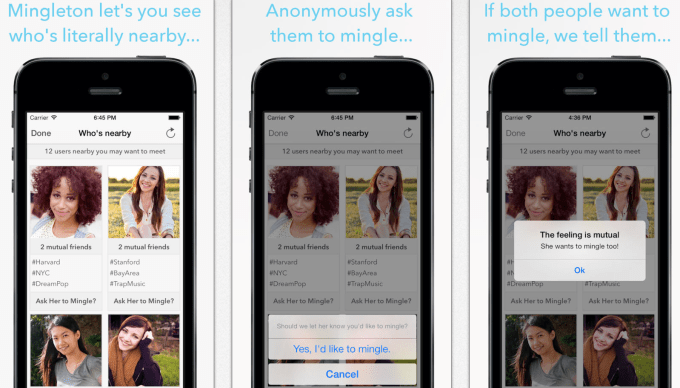A public service message to prosperous BP readers (redundant, yes we know) who are also potential gold smugglers. Please think twice before landing up with 9Kg gold concealed in your belt or even (especially) 5 Kg gold hidden in your undies. It will embarrass your friends and family to the extreme (not that you really care). Please use your ingenuity if you must (drink it up).
And yes, never ever involve minors. Why should they spend the rest of their life in pison because of your (vile) greed??
All in all one has to hand it to the Indians for their gold fetish- 700 kg smuggled in every day. Sheesh!!!
….
After
arresting a flight stewardess in the gold smuggling case for the first
time in the history of AP Customs, the air intelligence unit has
gathered vital details about the gangs operating from the city. Customs
sleuths have found out that smugglers are using mobile-based social
networking tool like ‘WhatsApp’ to exchange gold.
On Wednesday,
customs sleuths nabbed Sadaf Khan, a flight stewardess of Emirates
airlines who arrived at the RGI Airport from Dubai with 13 kg gold
concealed in her baggage. During interrogation, Sadaf informed the
customs officials that the contraband was given to her by gold smuggler
Shujat Mohammed Ali in Dubai.
Sadaf also told customs sleuths
that Shujat had travelled with her in the Emirates flight from Dubai to
Hyderabad. After this confession, customs officials made Sadaf call
Shujat saying she was held up at the airport due to a technical problem
and asking him to come and collect the gold.
However, Shujat
grew suspicious and did not turn up at the airport. Later, customs
sleuths found that he boarded a flight back to Dubai on Wednesday night.
After coordinating with Dubai customs authorities, state officials got
Shujat deported to Hyderabad on Thursday.
During interrogation,
Shujat spilled the beans and confessed to customs officials about the
gold smuggling racket. A resident of Old City, Shujat had gone to Dubai a
decade ago and has been involved in the cell phone trade there.
However, according to the officials, the cell phone business in Dubai
was only a front and that Shujat has been actively involved in gold
smuggling for the past several years during which time he became a
frequent traveler between Dubai and Hyderabad.
In the wee
hours of Wednesday, Sadaf and Shujat boarded the same Emirates flight.
Their photos were ‘WhatsApped’ to the receivers in Hyderabad by
Dubai-based kingpins. Shujat told customs officials that they would
never know the exact receivers in advance but that the receivers would
identify them through the photos sent after which they would receive the
gold outside the airport.
While Sadaf claimed that she was
involved in smuggling for the first time, customs officials suspect that
she carried out gold smuggling at least two times before. For
transferring the gold, Sadaf was paid Rs 1 lakh per kilogram. Both
Shujat and Sadaf were produced before the court and remanded in judicial
custody. Customs officials are planning to file a petition before the
court seeking Shujat’s custody for further interrogation.
.
…
regards







